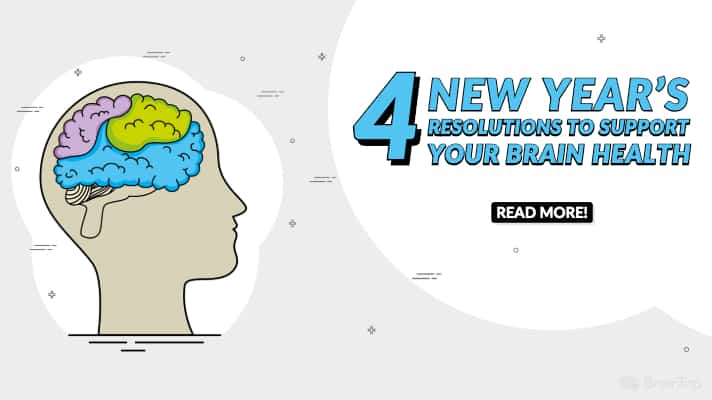Without question, one of the most common New Year’s resolutions made annually is weight loss. Many of us begin the year focused on our health and wellbeing, enthusiastic about the possibility of change and fully committed to creating new habits for a new season. We capitalize on that momentum, filling our refrigerators with healthy foods, learning how to cook new recipes, and showing up at the gym five days a week.
But as the holiday season passes and we move deeper into winter, maintaining our initial level of motivation gets increasingly difficult. By February, the excitement of beginning anew has worn off and the days are short and cold. It’s tempting to spend our time curled up under blankets, eating warm comfort foods and saving our health goals for another day.
If you’ve found yourself in that position, retreating into your old habits and discouraged by the fear that you’re not capable of change, we have great news for you: You can make sustainable changes. You can recommit to your health and wellness, and you can start today. Renewed motivation comes to us as we remember the reasons we wanted to create change in the first place.
Weight management and the brain
Your commitment to weight management is a key part of your overall health. Though we often focus on weight for aesthetic purposes, the reality goes far deeper. Belly fat, known as visceral fat, is fat that’s stored deep within the abdominal cavity. It’s tied to greater health risks than subcutaneous fat, or fat that’s stored just under the skin. Excess visceral fat has a well-documented relationship to conditions like diabetes, hypertension, and heart disease. However, recent research indicates that there is also a correlation between belly fat and brain health.
More specifically, researchers at England’s Loughborough University have discovered a connection between belly fat and decreased gray matter in the brain. Their study examined over 9,000 participants, performing brain imaging scans and monitoring their body mass index (BMI) and waist-to-hip ratio (WHR). Researchers found that while a high BMI had some correlation to brain shrinkage, the most relevant factor seemed to be the combination of high BMI and high waist-to-hip ratio. Study participants with a high concentration of fat around their midsection experienced a much higher likelihood of decreased grey matter in the brain. This shrinkage is a precursor to memory loss and other cognitive issues, and is linked to increased risk of dementia.
Managing your weight is not simply about looking better. It has a direct impact on the overall quality of your life, both presently and for decades to come. Fortunately, you can take simple steps today that increase your ability to lose belly fat and optimize your brain health for good.
Sleep, stress, and belly fat
You might be surprised to learn that losing visceral fat isn’t only about eating healthy foods and exercising often. There are two other critical components in weight management that are often overlooked. If you want to shed inches around your waist and support your total body health, start with optimizing your sleep and managing your stress.
Studies have shown that people who consistently sleep less than five hours a night are at higher risk for increased belly fat, regardless of their commitment to a healthy diet and consistent exercise. One study found that short sleepers showed a 32 percent gain in visceral fat, versus a 13 percent gain among those who slept six or seven hours per night, and a 22 percent increase among men and women who got at least eight hours of sleep each night. Sleep is precious to the body. It uses that time to dump toxins and reduce inflammation, both of which are critical components to weight maintenance and brain health.
Chronic, unmanaged stress is another common factor in the inability to lose visceral fat. Stress increases the hormone cortisol in the body, which is known to enable fat accumulation around the midsection. As we learn to interrupt our body’s natural stress response, we can decrease the flow of cortisol and make weight management easier.
Remember your reasons
Weight management is an essential part of maintaining optimal health. We encourage you to recommit to your weight-related goals today. It’s entirely normal to experience peaks and valleys in your motivation; just remember that the benefits of a healthy body composition will be well worth the effort. You can experience more energy, clarity, and vitality with every passing year of your life.
If you’re struggling to lose weight around your midsection, we have a fantastic resource for you. Brain Health Science’s 55 unique Weight Wellness sessions in our exclusive bundle were specifically designed to approach weight management from every essential perspective. It will give you practical tools for revamping your relationship to food, learning to love exercise, optimizing your sleep, and managing your stress. You don’t have to embark on this journey alone; we’re here to help!



